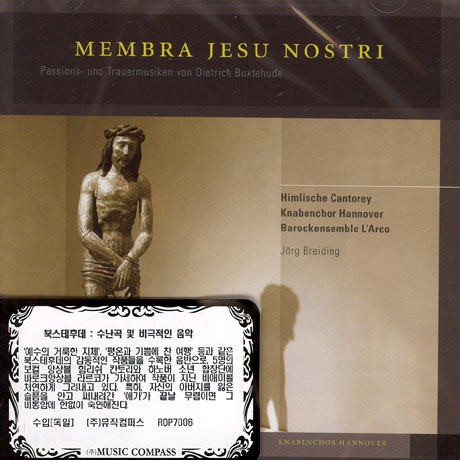Over the past week I’ve been listening to a recent purchase, a box set comprising Clifford Curzon’s complete recordings for the Decca label. This has been an uncommonly nourishing and enriching experience. I rate Curzon very highly as one of the great musicians of the 20th century. A modest, unassuming, self-effacing man who exercised a very severe sense of artistic quality control over what he recorded in the studio and what he deemed acceptable for release, this sense of perfectionism was born out of a sense of duty to the great music that inspired him. He could have been commercially minded to expand his repertoire to include material that did not inspire him to the same Parnassian heights as what we hear in this box, but he appeared to consider that a tawdry vulgarisation of his art. What I hear in his performances is a distillation of the music to its essential qualities, an avoidance of virtuosic pyrotechnics and an attempt to communicate in a direct way the very essence of the composer’s inspirations to the listener. There is no sense of grandstanding emotionalism here or any manner of self-indulgent egotism, but, rather, a compulsion to unlock the emotional truths behind the music. This is music-making that is lit from within by humanity, wit, pathos and a very special kind of joyful intensity.
It is the unique achievement of the master musician to make you think that there is no other way to play this great music other than how he/she plays it. Ultimately, though, this is a temporal illusion that deceives the listener into thinking that there exists no other performances apart from what is being played in the here and now (despite the undeniable fact that there exists a multitude of memories of other recorded performances of the same piece embedded in the reservoir of the listener’s subconscious). Just as the musician performed the piece of music “in the moment”, so too do we, as listeners, experience this performance as a singular event, the subjective impression of which can - apparently - never be defaced by any other performance. Perhaps it is the creation of these temporal illusions in our ever-receptive subconscious which is the overriding achievement of these great musicians. Certainly, when listening to the many great performances which constitute this career-spanning box, it is something that struck me with great force time and time again, but it is the peerless performance of Schumann’s Kinderszenen that stands out vividly in my mind with resounding force because it not only represented my first introduction to Curzon (coupled with his equally rewarding performances of Schubert’s Wanderer Fantasie and Schumann’s Fantasie), but also the first time the childlike innocence of these beautiful vignettes were unlocked to me and instilled forever in my heart. I had heard other equally revered versions of Kinderszenen before (those of Horowitz, Kempff, Argerich and Brendel) which I respected but could not love. It was Curzon who really evoked the world of the child’s innocence as refracted through the sense of the adult’s regret. (To recall Proust: “the memory of a particular image is but regret for a particular moment”.) This is music as dreamlike glimpses of fleeting memory, lost as soon as sensed, and which requires a gossamer-light tone to successfully conjure up its nuances of emotional frailty. To listen to Curzon’s recording is akin to a visual eavesdropping on a lost world that can never be regained, that of the child clouding the sweet-shop window with his breath, a world long ago and far away. There is no overweening emotionalism or mawkish sentimentality, but simply a sincere expression of emotional truths, unspoilt by needless artifice. It is a magical and timeless achievement.
Curzon once commented that many people don’t fully appreciate just what a musical phrase costs. He was referring, of course, to the level of attentive care that he devoted to his playing, but also, I believe, reflecting on how a composer agonised over a particular phrase in his mind before wringing it out on to the page where it would be continually refined and moulded into shape until he pronounced himself satisfied with the result. I think that Curzon felt a strong sense of moral duty to repay that level of artistic commitment with playing that communicated a commensurate sense of the internal dramas that formed the music. As I believe Jacqueline du Pre once said, “You have to give, give, give of yourself until there’s nothing left”. To illustrate that point in a visual way, the box set includes a particularly cherishable DVD which collects all of the recitals that he gave for the BBC, the highlight of which is one of the great versions of Schubert’s final piano sonata, one of the masterpieces of the solo piano literature. To observe the pianist in performance is to witness a man utterly consumed in the moment and suffused with a radiant joy, eyes shining wildly and apparently lost to the world around him. It is a humbling experience which awes me to silence and reduces me to tears and, really, what more can a great composer ask of his interpreter?

















